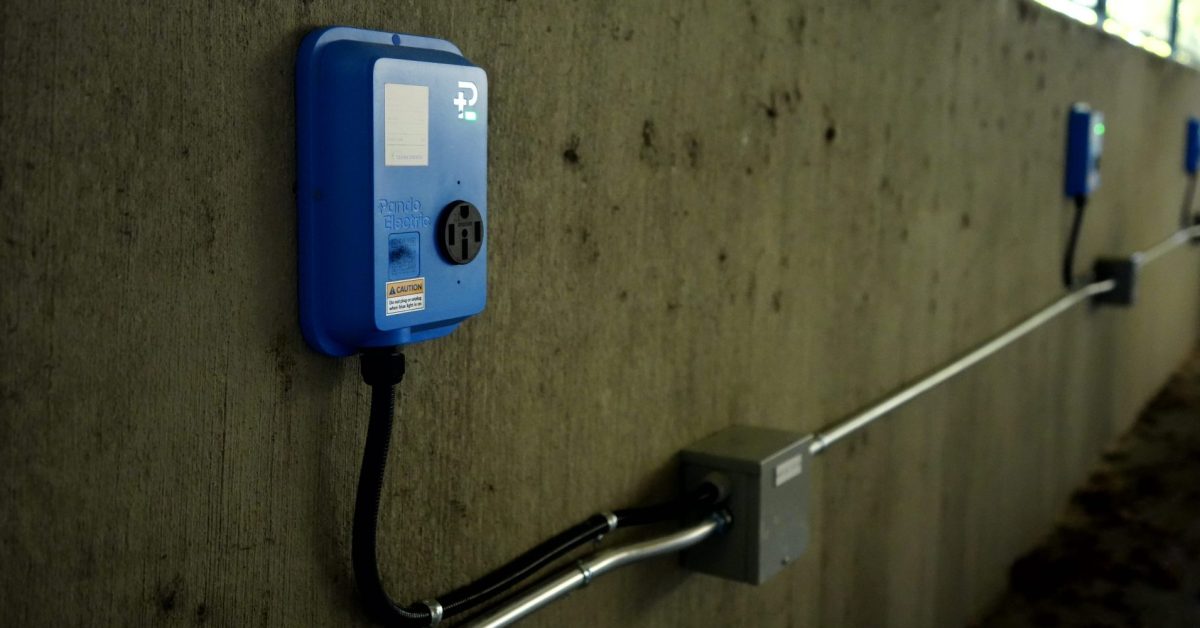Summary
Starting in 2026, California will require all new residential units with parking spaces to be EV charger-ready, significantly increasing access to electric vehicle charging.
Multi-family developments must equip at least one EV-ready spot per unit, while hotels, commercial lots, and parking renovations will also face new EV charging mandates.
Advocacy groups praise the policy, emphasizing its balanced approach to affordability and infrastructure needs.
The initiative aligns with California’s 2035 ban on new gas-powered car sales, aiming to address key barriers to EV adoption and support the state’s transition to electrification.



A lot of parking is in a garage. If each garage space already supports EV charging, it’s not a lot more to support a battery too. Paired with the right tech you can limit the amount of current feeding all these things.
Batteries take up about 5’x4’x8”. The biggest obstacle is routing individually metered power to garage space.
Keep in mind that natural gas piping may not be needed, freeing up a decent amount of space, cost, and complexity.